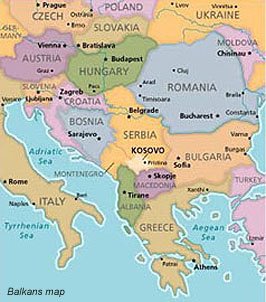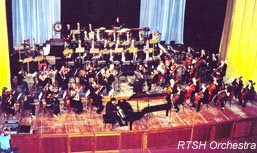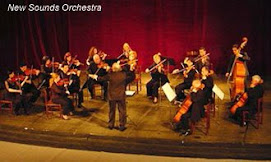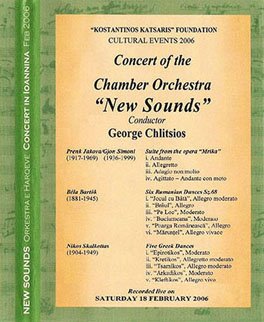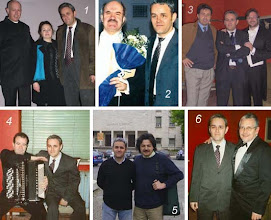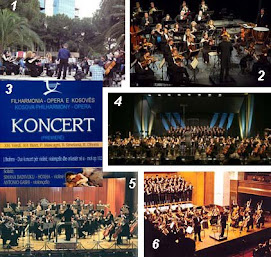Historic view
The music of Southeastern Europe or the Balkans is musically distinctive from the rest of Europe. This is because of the influence of traditional music from Southeastern European ethnic groups and music influences from Byzantine and latter Ottoman Empire periods.
Byzantine traditional music was associated with the medieval sacred chant of Christian Churches following the Constantinopolitan rite. The development of large scale hymnographic forms begins in the 5th century with the rise of the kontakion, a long and elaborate metrical sermon, which finds its acme in the work of St. Romanos the Melodos (6th century). Medieval musical instruments included horns, trumpets, lutes, psalteries, drums and cymbals.
The music of Southeastern Europe or the Balkans is musically distinctive from the rest of Europe. This is because of the influence of traditional music from Southeastern European ethnic groups and music influences from Byzantine and latter Ottoman Empire periods.
Byzantine traditional music was associated with the medieval sacred chant of Christian Churches following the Constantinopolitan rite. The development of large scale hymnographic forms begins in the 5th century with the rise of the kontakion, a long and elaborate metrical sermon, which finds its acme in the work of St. Romanos the Melodos (6th century). Medieval musical instruments included horns, trumpets, lutes, psalteries, drums and cymbals.
"Balkan" is a Turkish word which means sharp mountains.
Many musical instruments were introduced to the Balkans during the time of Ottoman control, but many Ottoman instruments were borrowed from the locals. The influence of Turkish rhythms can also be seen in Balkan Music. In the 19th century, imitations of the Turkish military bands replaced dethroned the ancient traditional oboe (zurna, zurla, or mizmar) and double-headed drum ensembles. Today these ensembles, formerly imported from Turkey are dying out, in part because of modernity, but also because of the growing Balkan nationalism.
Many musical instruments were introduced to the Balkans during the time of Ottoman control, but many Ottoman instruments were borrowed from the locals. The influence of Turkish rhythms can also be seen in Balkan Music. In the 19th century, imitations of the Turkish military bands replaced dethroned the ancient traditional oboe (zurna, zurla, or mizmar) and double-headed drum ensembles. Today these ensembles, formerly imported from Turkey are dying out, in part because of modernity, but also because of the growing Balkan nationalism.
The presence of classical music in Balkans starts in the late 19th, a development tied to the fall of the Ottoman empire. At this time, many Balkan countries established their first musical societies and professional ensembles.............will continue
